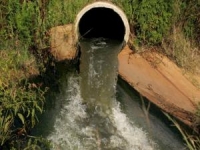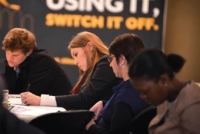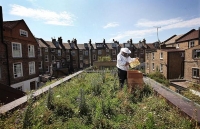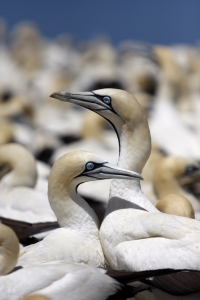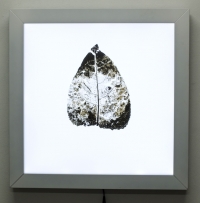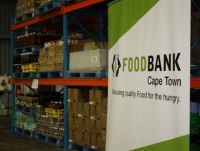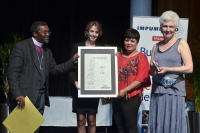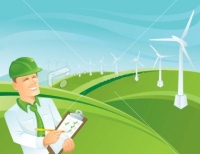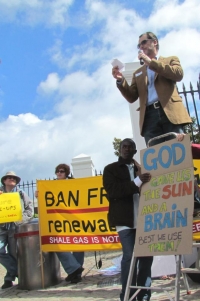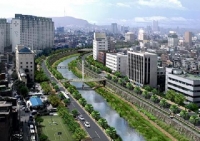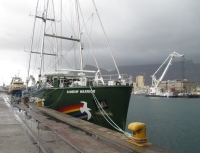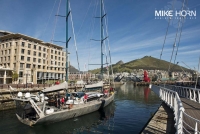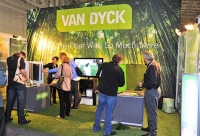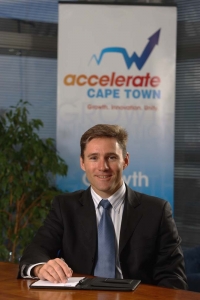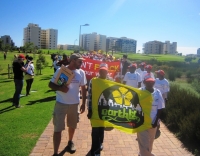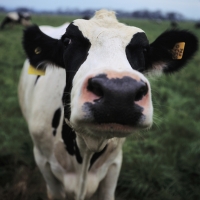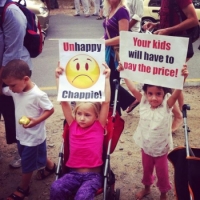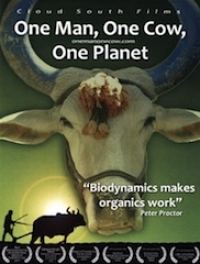Durban and Cape Town residents will have to start looking seriously at drinking recycled water from the local sewage works within the next few years. Water supplies are running out and there is not enough time to build big new dams.
Green Economy is a term that is often used in a broad or very loose context. It is not simply a synonym for a low-carbon economy and it is also not a business club of organisations who have employed environmental PR agencies. Green economics is concerned with a system of environmentally responsible organisations that exist and grow because they do business with each other – they consistently increase the extent to which they produce and consume greener products and services.
The recent dramatic bee attacks in the Western Cape have raised fresh concerns about the growing trend of urban beekeeping in South Africa.
It is with great excitement that CapeNature, together with residents from Lamberts Bay this month celebrate 100 years since the Cape gannets colonised Bird Island, making it one of only six breeding colonies of this vulnerable seabird, worldwide.
Eight artists are exhibiting artworks that inspire dialogue about the environment, at this year's Green Expo in Cape Town.
Eleven million people in South Africa – a staggering 20% of the population – don’t know where their next meal is coming from. One organisation, FoodBank SA, is applying business thinking to the problem, with encouraging results.
The 2012 Impumelelo Social Innovations Awards Ceremony was held last month in Cape Town. Twenty-one innovative projects addressing some of South Africa’s biggest challenges received a coveted Impumelelo Social Innovations Award.
At Green Talent, Green Collar Workers are seen as the drivers of change in a low-carbon economy, leading towards a more equitable and sustainable future.
As part of a global anti-fracking day, more than 400 people from various walks of life gathered in front of the gates of Parliament on Saturday 22 Sept, to call for a ban on fracking in South Africa.
Currently over half of the world’s 7 billion live in urban areas. That number is expected to reach 65 percent by 2050, according to the United Nations (UN).
The Rainbow Warrior, Greenpeace’s latest and most environmentally friendly ship, is docked at Cape Town’s V & A Waterfront. The ship arrived in the country ahead of schedule on Friday due to extreme weather conditions, and was welcomed by cheerful Greenpeace Africa staff and a Marimba music group.
Mike Horn arrived in Cape Town, after trans-navigating the globe by land and sea the past 4 years to inspire young people to clean up and protect the planet.
Cape Town has been officially announced as the host city for next year's World Green Building Council Congress. This announcement was made at the recent congress, which took place in Stuttgart, Germany.
The Clean Power Africa conference and exhibition in Cape Town in September will focus on new opportunities in the clean energy sectors such as retrofitting hydropower to current dams and helping the mining industry to use excess water to provide onsite power.
Several large companies came together earlier this month to discuss emerging renewable energy opportunities in South Africa, with input from experts in business, academia and government.
This years’ Celebrate Life Festival includes cutting edge consciousness speakers, great workshops and a fabulous fashion show in aid of breast cancer awareness. And we are going to form a green circle with green products and services.
“Fracking no, fracking never! Clean energy, now and forever!” chanted about 140 protestors from various communities in Cape Town, as they took to the street on Human Rights Day, to protest against plans that Royal Dutch Shell and other companies have to explore for shale gas in the Greater Karoo Basin.
800 million of the one billion starving people in the world would have food to eat if Americans all became vegetarian.
On Sunday a wonderful gathering of families with children and dogs met to challenge the proposal of a major office block set to be built on Chapman’s Peak, estimated to cost around R58 million.
Tonight, an important film is being shown at The Hub in Woodstock. "How to save the world - One Man, One Cow, One Planet".



